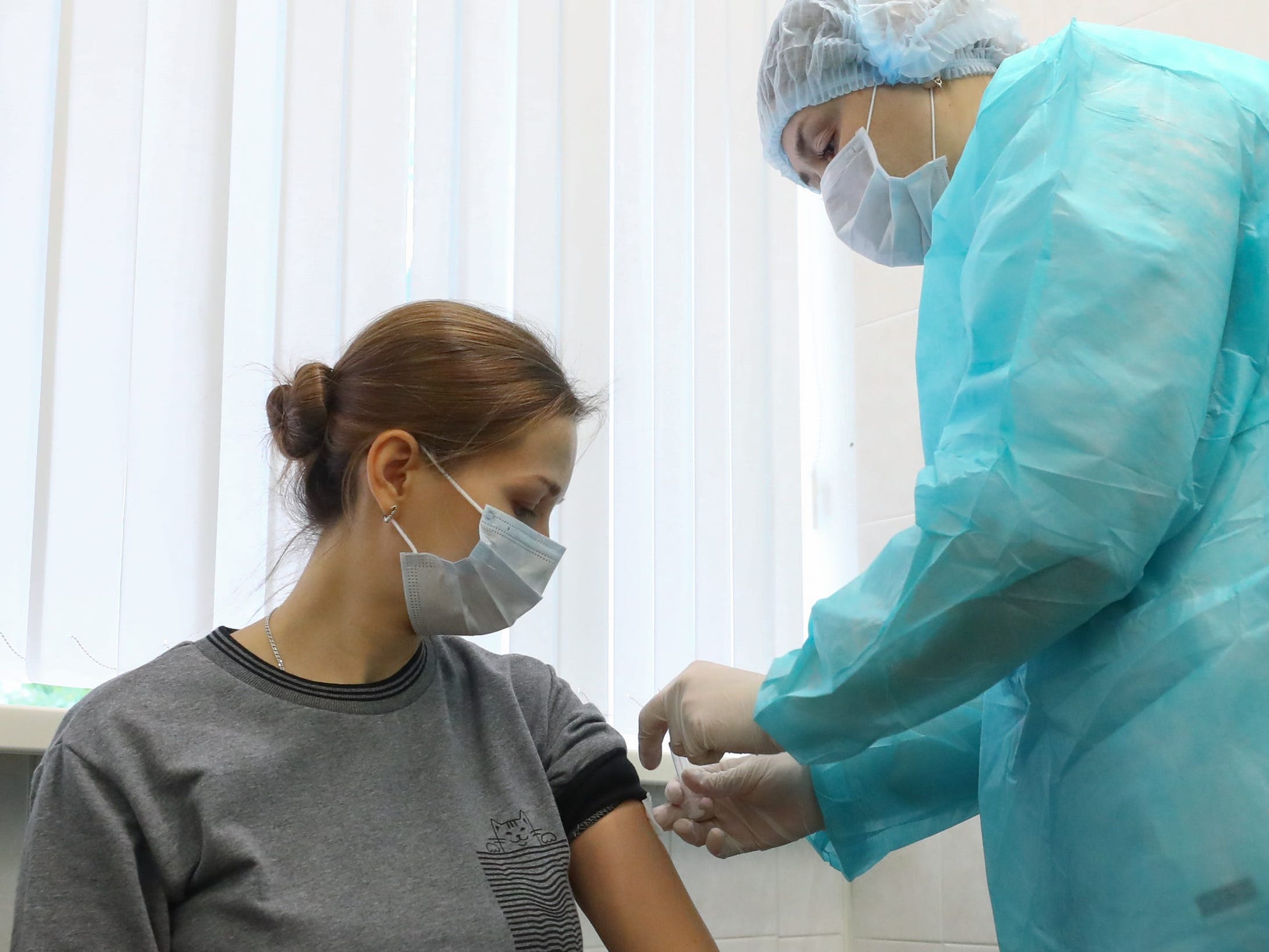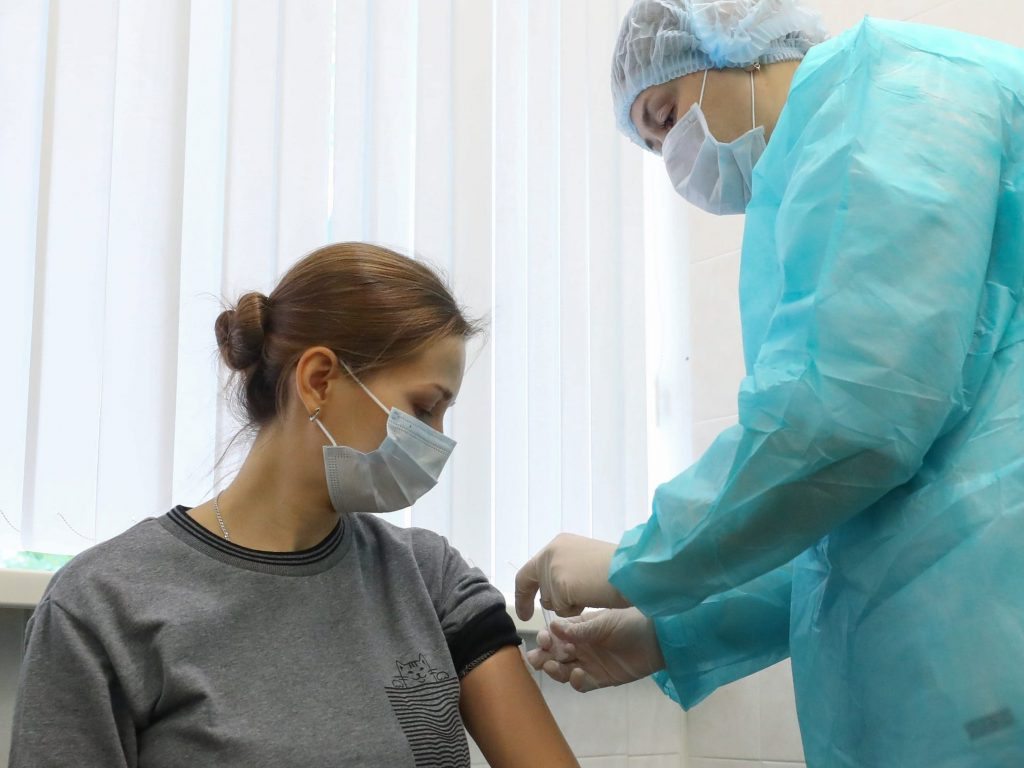
- BioNTech is testing its COVID-19 vaccine against a rapidly-spreading variant, the Financial Times reported.
- The B.1.1.529 variant has been detected in South Africa, Botswana, Hong Kong, and Israel.
- BioNTech said it would know in two weeks whether its shot works against the variant.
BioNTech says it's testing the COVID-19 vaccine it developed with Pfizer against the new variant that appears to have emerged in southern Africa, and will know in two weeks whether it works against the variant, the first Financial Times reported.
Scientists and health officials are closely tracking the B.1.1.529 variant detected in South Africa, Botswana, Hong Kong, and Israel.
The variant has 32 mutations in the part of the virus that attaches to human cells, called the spike protein — the target for existing vaccines and antibody treatments. This means there is a greater risk those vaccines and treatments won't be as effective against it, Insider previously reported.
"We understand the concern of experts and have immediately initiated investigations on variant B.1.1.529," BioNTech told Insider. "We expect more data from the laboratory tests in two weeks at the latest."
The company said that the variant "differs significantly from previously observed variants" as a result.
"Pfizer and BioNTech have taken actions months ago to be able to adapt the mRNA vaccine within six weeks and ship initial batches within 100 days in the event of an escape variant," the company said.
"To that end, the companies have begun clinical trials with variant-specific vaccines (alpha and delta) to collect safety and tolerability data that can be provided to regulators," the company continued.
It is currently unknown whether the mutations make the B.1.1.529 variant more infectious or deadly.
The variant is rapidly spreading. Israel reported its first case of B.1.1.529 on Friday, an individual who returned to Israel from Malawi.
Data shared by South Africa's Department of Health on Thursday showed that B.1.1.529 made up around 75% of cases detected in Gauteng province on November 22, just two weeks after the variant first emerged. Its ascent was much faster than the Beta and Delta variants, which each took months to become dominant, Insider reported.
